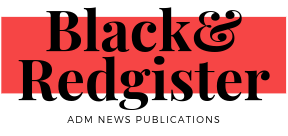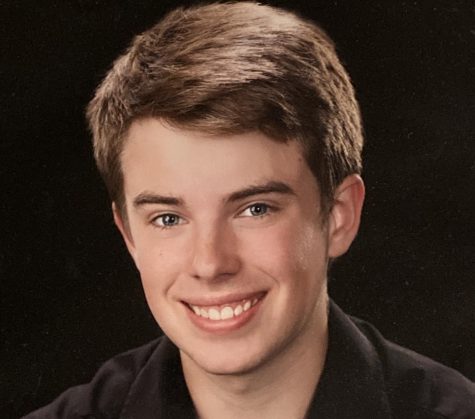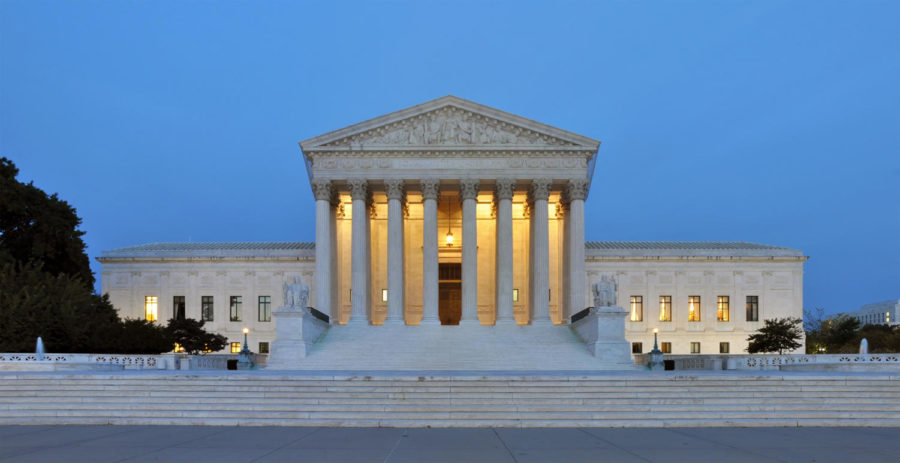Supreme Court to Decide Whether Schools can Punish Students for Off- Campus Speech
Photo by Joe Ravi
This week, a very interesting and influential Supreme Court case is being heard that will affect the way schools can punish students for social media posts.
On Tuesday, May 4th, a very influential Supreme Court Case is entering its second week of being heard, which bears a great deal of importance for students all across the country. Originating in Schuylkill County in Pennsylvania, this case may set a new precedent concerning student’s free speech outside of school in the realm of social media.
The case comes from freshman Brandi Levy, whose parents filed a lawsuit after she was suspended from her school’s cheer team for creating a Snapchat post, reading “F school, f softball, f cheer, f everything”, except using the actual expletive throughout. Levy’s side of the argument argues that the school violated her freedom of speech by punishing her, as the comments were made off-campus and outside of school hours.
The case has made it to the top of the court system, regardless of lower courts previously ruling in favor of Levy. Because it is at the nation’s top court, any ruling will set a precedent that will be followed in the future. With that in mind, what does this mean for the students at ADM?
ADM currently operates under the Tinker standard, which was implemented nationwide after the Tinker vs. Des Moines Public Schools case in 1969. This set the precedent and defined the parameters of “protected speech”— and adversely— “unprotected speech”. Unprotected speech includes threats and anything that can cause a substantial disruption to the learning environment, and therefore can be subject to censorship and punishment.
Due to the original nature of the current case, the Supreme Court deemed it different enough than the Tinker case to hear and judge it. This has caused a nationwide debate regarding exactly how much power schools should have over their student’s speech.
Many people are in agreement that students should have the freedom of speech, but the differences stem from exactly how much freedom. Those who side with Levy say that the posts were made off-campus, and therefore are not grounds for punishment with the school, therefore violating her First Amendment rights. The opposite side mentions potential cyber bullying, disrespect, and the consequences that come from posting on social media.
Senior Kenna Wheeler, one of the staff members for the yearbook, said, “I think it would have to depend on what the speech was, but I think that schools have responsibilities to ensure that their students are being respectful online.” Wheeler went on to say that “students are a direct representation of their school, and they have to ensure their reputation is not damaged.”
While many people agree with the school regarding this point, such as Wheeler, there are many that are in favor of Levy’s position.
Senior Megan Olson said, “It depends on what was being said… the school, however, should not be able to punish the student for anything said of the school’s campus. Any outside interactions should be handled by the student’s parents or the police if it is that extreme.”
There are many examples of schools punishing students for online behavior, one of the most notable examples being Harvard. In 2017, Harvard redacted ten admissions decisions based on online misconduct, which included hate speech and rude jokes. This is a testament to the potential consequences of online misconduct, and the current Supreme Court case will help determine the ethicality of either side.
Another example comes from ADM and happened somewhat recently. “The Wacky Crew” was composed of a group of football players that drew attention to their silly and often dangerous antics. Coach Carter was notified as to what was occurring online, and the boys were told to either delete the account or not play football, citing that they were not representing ADM well. If the Supreme Court rules in Levy’s favor, the school will have no grounds to punish students for similar actions, for better or worse.
As of now, there is no estimate as to when the court will reach a decision. However, any decision that is reached can greatly impact the way schools can punish students for online actions.




